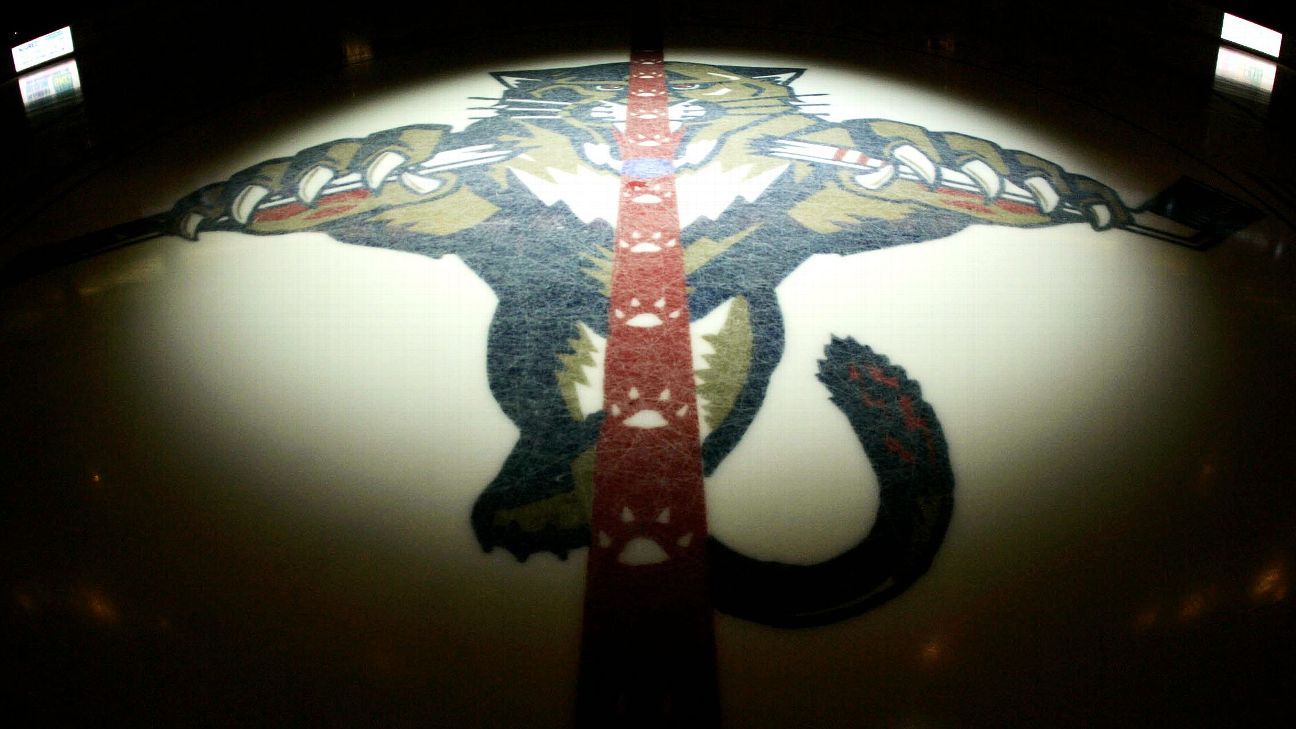
Wednesday morning, the Florida Panthers NHL team offered sponsorship deals to all female college athletes at nearby Florida Atlantic University.
After Florida passed a law allowing college athletes to make money using their names, images, and likenesses (NIL), the Panthers created an "FLA Athlete” program. The NCAA also modified its rules regarding amateurism to allow athletes to accept payment without losing their eligibility.
Each athlete will receive cash and tickets to Panthers games, as well as other merchandise in return for their promotion of the NHL franchise via social media and at in person events. A four-figure bonus payment will be made to the two athletes who create the most social media buzz during the season. Chief strategy officer of the Panthers, Sam Doerr, stated that the team saw the deals as an opportunity for giving back to the community as well as a way to attract new, diverse fans.
Doerr stated, "We believed this was a tremendous opportunity to attract new supporters." "We already spend money on social media influencers so we're only shifting that to athletes."
Last month, the Panthers signed D'Eriq King, a Miami quarterback to a similar contract. King is also part of Dreamfield, a company that assists college athletes in arranging NIL deals. He coordinated the details of this offer the Panthers made to Florida Atlantic's female athletes.
Doerr anticipates that at least 100 athletes will participate in the new partnership. This partnership is the latest example in a growing trend in college athlete market. Sponsors are looking for opportunities to work with large numbers of college athletes, rather than spending their marketing dollars on a handful of high-profile stars.
TiVo offered an endorsement deal for all Georgia Tech football players, and United Wholesale Mortgage offered $500 per month to each member of Michigan State's men's and women's basketball programs during their respective seasons.
Doerr stated that companies and other sponsors may be moving in this direction because it is safer than spending large amounts of money on one athlete who might get hurt or have a bad year. Doerr also stated that many of the companies entering the NIL market are owned by athletes, and they are interested in seeing how more than just the stars benefit from the new rules.
Doerr stated that there were many reports in the media that NIL would only benefit high-end teams and programs. "We wanted help to debunk that."
Doerr stated that the Panthers originally planned to sponsor King and one woman athlete, but changed their plans to reach a wider audience and support as many students as possible on a campus near the home base. He stated that he hopes that Panthers women's athletes will attend FAU events, and that they will collaborate on community service projects.
He said, "We wanted to shine the spotlight on the amazing work that female athletes are doing and the programs in this area are doing." "It is important that women and women's sports are supported from the top. This was an easy decision to make.
